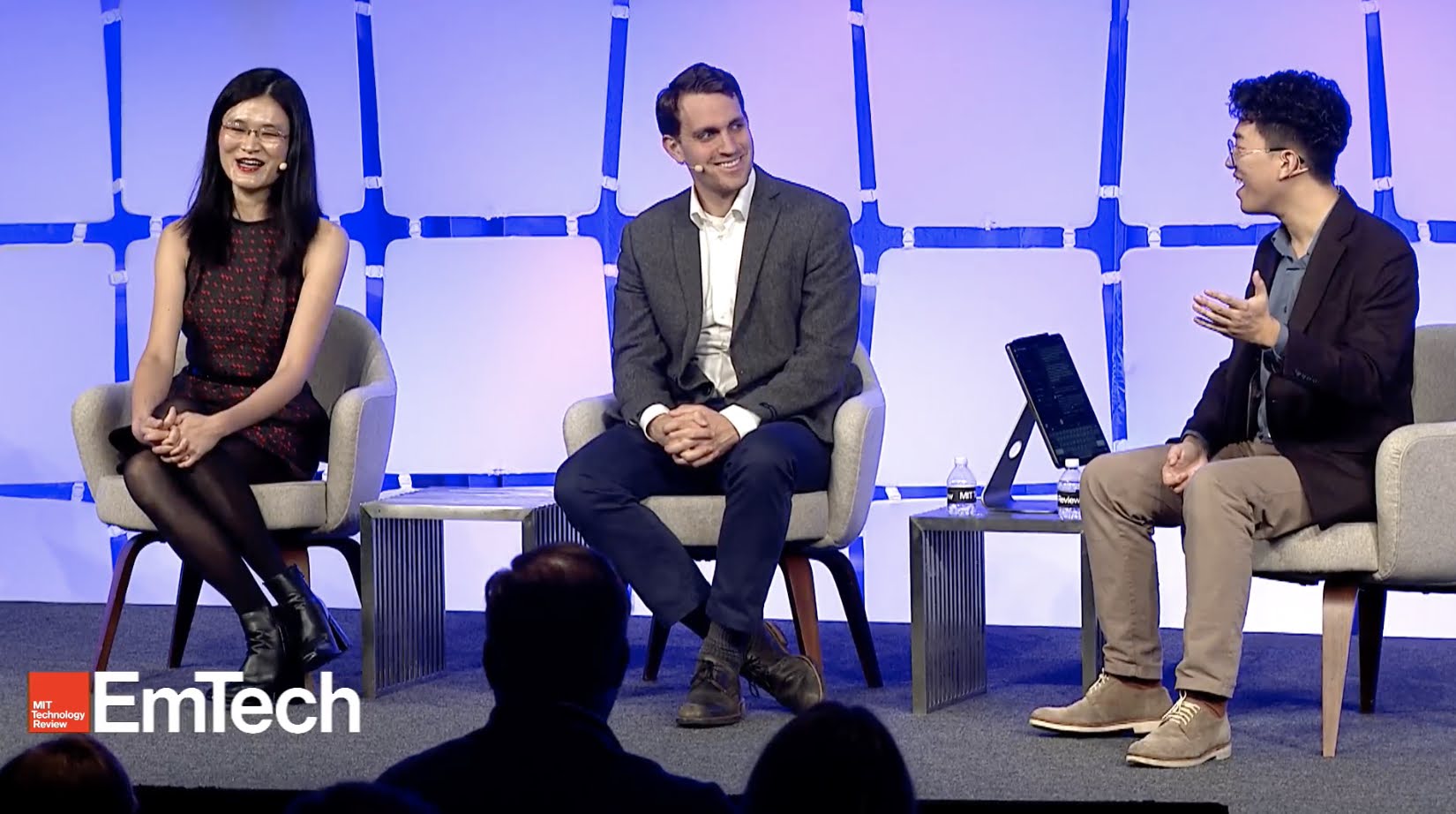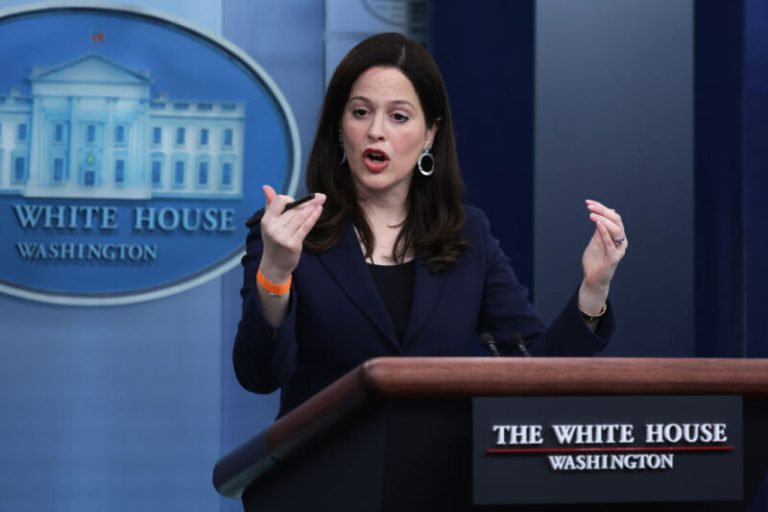I also hosted three discussions about the global technology challenges facing the world. Obviously, a big focus was China—which, as you newsletter readers know, is one of the most important tech players today. My guests tackled crucial questions, like: Why are the recent chip export controls particularly significant? And how do we understand them from not just a geopolitical perspective—but a moral one? I also had a conversation focused on social media disinformation, which proved to be extremely timely given reports last week of China-based bot networks that were trying to influence US politics ahead of today’s midterm elections.
Well, these conversations weren’t exactly the hopeful kind, but they gave me some needed clarity about what’s happening on the other side of the Pacific. The China news cycle has always been busy (that’s why this newsletter exists!), but it’s also good to take a beat, have a chat, and understand where we’re at regarding US-China relations.
In case you missed the event this year, here are the China-related highlights I think you’ll be interested in:
What’s the strategy—and real rationale—behind US restrictions on China?
It has been several years since US-China relations took a clear dive, and academics and tech workers on both sides are now accepting that tensions will not resolve anytime soon. When I asked Matt Sheehan, a global technology fellow at the Carnegie Endowment for International Peace, how he feels about US-China relations today, he said he’s “on edge” because “there’re a lot of decisions being made in rapid succession with hugely uncertain outcomes.”
One of these big decisions is the Biden administration’s escalation of restrictions on chip exports to China. While people are still trying to understand the policy in real time, it has become clear that the administration’s moves are not just a matter of adding more Chinese companies or more chip technologies to a list of targets, but a change in the US government’s mindset when it comes to containing China.
For a long time, the main question on Chinese export control was whether to “do as much damage as you can today versus to preserve your leverage on a longer time scale,” said Sheehan.
The latter—continuing to sell chips and relevant technologies to China in hopes that the country won’t develop its own self-sufficient ecosystem—is what the US has been doing. But that’s going to change, according to Sheehan: “I think this latest control kind of firmly settles that debate within [Washington] DC on the side of doing damage today. People decided that leverage is eroding naturally over time anyway, and we have to use this leverage while we can.”

But it’s also important to scrutinize the justifications for these export controls. Are they really based on addressing human rights concerns, as often claimed, or are they merely more political games? Yangyang Cheng, a fellow at Yale Law School’s Paul Tsai China Center, noted in the panel that the policies are “logically inconsistent and morally indefensible” if the reasoning “is not because building weapons is bad or building different types of surveillance systems is bad, but because I want to build better weapons and better surveillance systems.”






